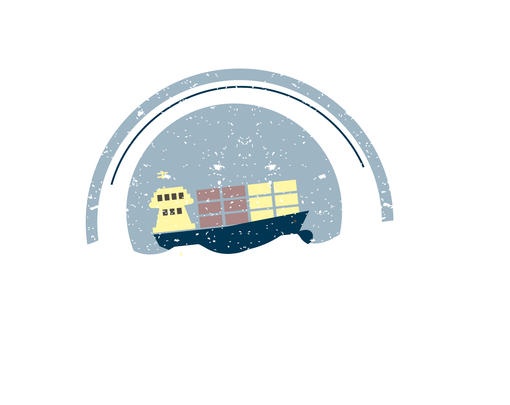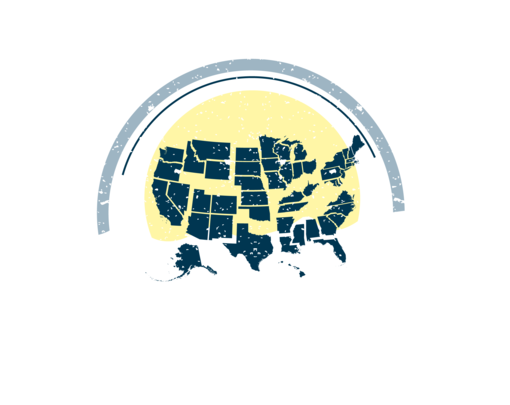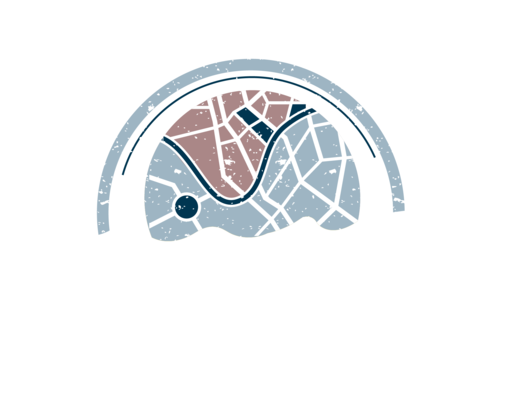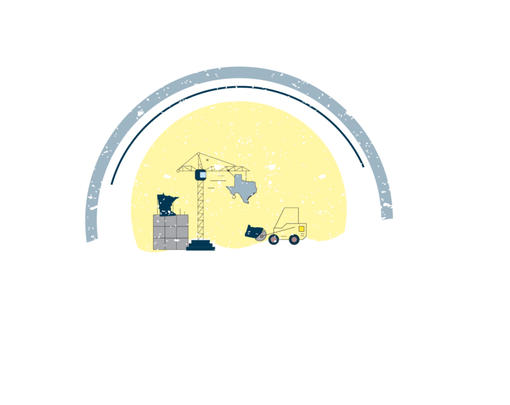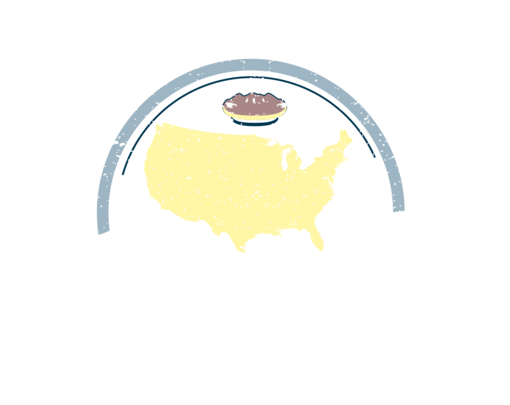What are cooperatives?
Cooperatives have traditionally been one way to build community and democratize ownership. At their root, they are democratically-owned and operated businesses. Each member has an equal share of ownership and an equal voice in the governance of the firm. Cooperatives have a long history and a reach that people generally underestimate. Most people think of the small cooperatively owned grocery store, generally a marginal part of most local economies—but co-ops have an impressive scale. Between 100 and 110 million Americans are members of co-ops, mostly through co-op credit unions.1 and around the world there are at least 800 million people who are co-op members.2 While the members of cooperatives can be individual consumers (in, say, co-op groceries), residents (in housing cooperatives), or institutions (as in retail marketing or agricultural producer cooperatives made up of participating businesses), particular systemic attention should be paid to worker cooperatives, in which workers own and control—democratically—the means of production in their own workplace. In an era in which jobs are all too often sacrificed to the profits of absentee shareholders, cooperatives offer a way to make the interests of the workers coincide with that of a firm’s ownership.
What role do cooperatives play in a Pluralist Commonwealth?
While intuitively quite appealing, worker cooperatives alone can provide only part of the basis for a system-level economic foundation capable of effectively providing more democratic and comprehensive community-inclusive outcomes. Crucially, the interests of workers in any specific unit of production or social administration are not the same as those of the COMMUNITY as a whole, and different situations and scales require different structural solutions, with layers of community and PUBLIC control beyond the workers in their own workplaces. In an extreme worker-ownership model, for instance, the police would, in fact, be in control of the police industry—a model that, of course, very few would affirm. Clearly, the community as a whole has a prior value. Moreover, in an economy determined by markets, the individual firm, cooperative or not, is subject to destructive pressures to compete and grow like any business, with attendant effects on the community at large and the environment.
In the Pluralist Commonwealth, smaller scale cooperative ownership is encouraged, but larger cooperatives are embedded within more comprehensive frameworks of support and democratic control. In particular, such cooperatives can be assembled into neighborhood-wide COMMUNITY structures, to increase resilience and create a broader base of governance and accountability. Such models build upon but also radically expand efforts like that of the Evergreen cooperatives now operating in Cleveland, Ohio. Here and at larger scale, decentralized PLANNING systems supplement smaller-scale cooperative ownership by stabilizing local markets by directing public and quasi-public community-controlled investment capital and larger university, hospital, and government procurement contracts to community-based cooperative firms. Finally, a CULTURE emphasizing ecological sustainability and egalitarian economic outcomes helps orient local cooperatives and their members in their decision making.
Where else is this systemic direction for cooperatives being prototyped and explored today?
The challenge of culture as key to any serious new model can be seen in the credit union sector. While such institutions are a welcome alternative to the big private banks, most credit unions are still purely transactional, despite their cooperative ownership. Mainly they provide auto and housing loans.3 However, a project like the Lower East Side People’s Federal Credit Union in NYC, animated by an activist culture and sense of deep community responsibility, goes beyond such routine loans and serves as a key anchor for community economic development and local organizing.4 D.C. Solar United Neighborhoods (DC SUN), is another example. The purchasing cooperative has not only helped residents go solar, it has also played a vital role in local organizing efforts for more affordable and sustainable energy options.5
Multistakeholder cooperatives, like Weaver Street Market food cooperative in North Carolina, begin to suggest some of the larger structures of community that are necessary in order to balance the interests of a cooperative’s workers with other members. For Weaver Street Market, governance is split equally between the many consumer members who shop there and the smaller group of worker-members whose labor runs the business.6 Such patterns suggest one of a number of paths beyond pure worker-ownership towards more expansive models of interconnected democratic ownership.
The very large Mondragon worker cooperative network, with its roots in creating employment for the people of the Basque country, also begins to subordinate pure worker-ownership to a wider community impulse. The network, started in the 1950s, has grown to encompass 257 companies—in the finance, industry, retail, and knowledge industries—that together employ more than 74,000 people.7 Severe shocks forced it to close several units in the Great Recession8 —illustrating the importance of limiting exposure to unbuffered globalized market dynamics (a matter we return to below, SEE PLANNING). While Mondragon was not able to benefit from a more comprehensively planned market for its products, it does plan very seriously on an internal basis regarding labor, and the workers at the shuttered factories have overwhelmingly been placed in new positions at other businesses in the larger network.9
See also:
COMMUNITY, CULTURE, PLANNING, PUBLIC
Further reading
Gar Alperovitz, interview with Paul Jay, “The Promise and Limitations of Worker Co-ops,” Reality Asserts Itself, January 27, 2014.
Gar Alperovitz, “Cooperative Economy,” Orion Magazine, May 2014.
Hilary Abell, Worker Cooperatives: Pathways to Scale (Takoma Park: The Democracy Collaborative, June 2014).
John Restakis, Humanizing the Economy: Cooperatives in an Age of Capital (British Columbia: New Society Publishers, 2010).
Richard Wolff, Democracy at Work: A Cure for Capitalism (Chicago: Haymarket Books, 2012).
Tom Malleson, After Occupy: Economic Democracy for the 21st Century (New York: Oxford University Press, 2014).
- 1 Credit Union National Association, Monthly Credit Union Estimates: August 2016 (Washington, DC: Credit Union National Association, August 2016), accessed November 2, 2016.
- 2 Stirling Smith, Promoting Cooperatives: A Guide to ILO Recommendation 193 (Geneva, Switzerland: Cooperative College, the International Labor Organization and the International Cooperative Alliance, 2014) accessed November 2, 2016.
- 3 “Monthly Credit Union Estimates: June 2016,” (Washington, DC: Credit Union National Association, 2016), 2, accessed November 2, 2016.
- 4 “About Us,” Lower East Side People’s Credit Union, accessed November 2, 2016.
- 5 “About,” DC Solar United Neighborhoods, accessed November 2, 2016.
- 6 Margaret Lund, Solidarity as a Business Model (Kent, OH: Cooperative Development Center at Kent State University, 2011), accessed November 2, 2016.
- 7 “Companies and Cooperatives,” Mondragon, accessed November 2, 2016.
- 8 José Ramón Fernández, Mondragon: 1956-2014 (Mondragon, Spain: Mondragon Corporation, 2014), 162, accessed November 2, 2016.
- 9 José Ramón Fernández, Mondragon: 1956-2014 (Mondragon, Spain: Mondragon Corporation, 2014), 162, accessed November 2, 2016.



